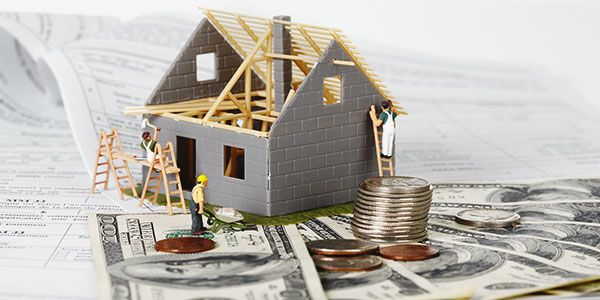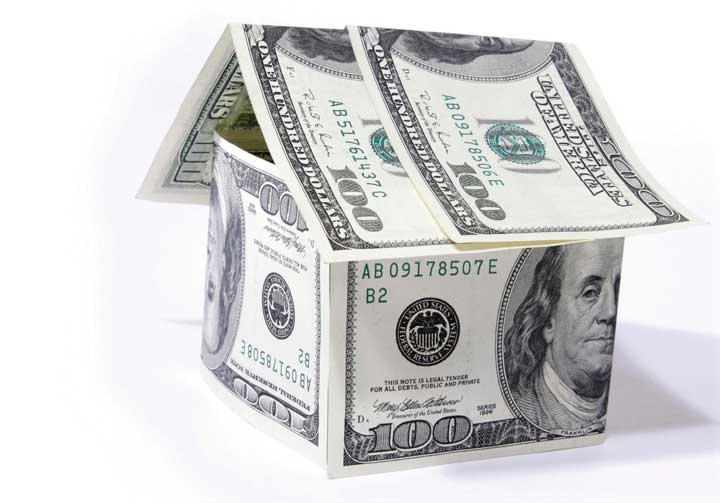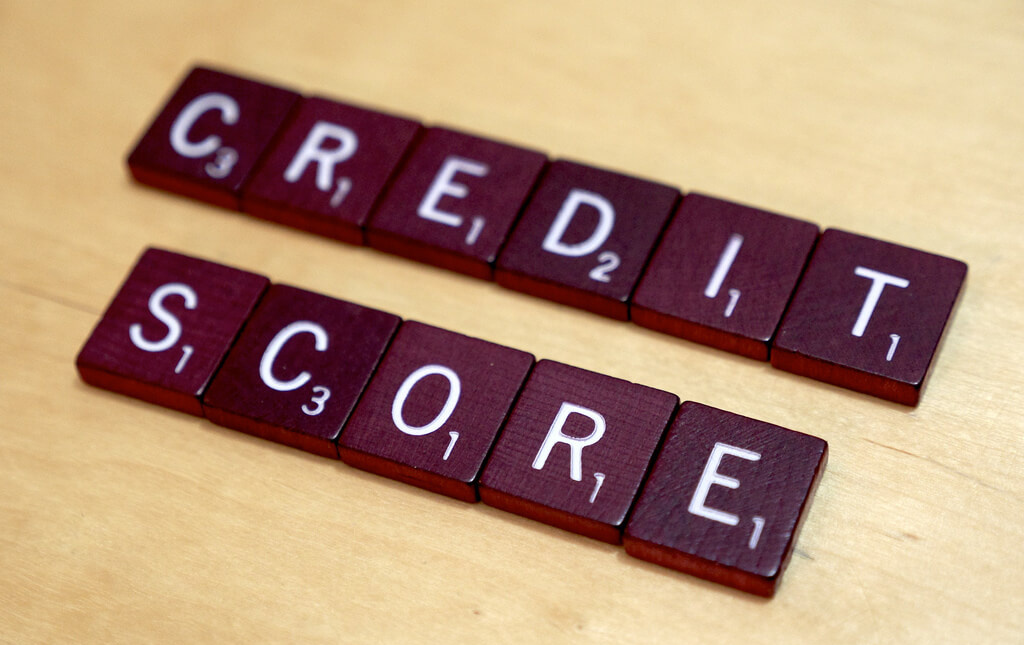Buying your first home is one of the dreams come true yet confusing and sometimes risky decision. There are plenty of financial considerations and getting them right can save you a lot of headaches and money. The following are some practical strategies on how to navigate the financial side of homebuying and make the process much easier and smoother. Whether you are just starting to save or ready to make an offer, these steps will prepare you for a successful purchase.

Review Your Existing Financial Situation
Observe your income, costs, savings and debts. Calculate your debt/income ratio (DTI) as a metric of monthly income devoted to pay off debt. Lenders generally like a DTI of below 36%, of which less than 28% are paid for housing expenses. To calculate your DTI, you need to add up how much you pay in a month on your credit cards, loans and so on and then divide that figure by the amount of money you bring home each month. For instance, if you have $1,500 a month in mortgage payments or loan payments etc. and you bring in $5,000 a month that would put you at 30% DTI. The lower this ratio is, the higher likelihood you will have of qualifying for a mortgage.
Save Up for Down Payment
One of the largest pre-purchases expenses buying a house incurs is the down payment. The size varies according to how much you have to pay for the house and the type of mortgage you take. A rule of thumb here is that it's best to save at least 20% of the cost of the house to avoid private mortgage insurance or PMI, which can range from 0.5% to 1% annually on your cost of loan. For example, if you are eyeing a $300,000 home, a 20% down payment will be $60,000. Other loans will allow lower down payments.

Improve Your Credit Score
Your credit score is the single biggest determinant of what interest rate you will be paying on your mortgage. You might be able to lock in a lower interest rate if you have a high credit score. This will enable you to pay less money to get the loan. Aiming for 700 points or above on a credit score is the way to get the very best rates.
Get Preapproved for a Mortgage
Ensure preapproval before you go house hunting. It means a lender review of your financials to determine the amount of money they are willing to lend you. This means you will have a preapproval letter that will allow you to show that you are a serious buyer who can make a real offer in competitive markets. Preapproval can help you determine what price range you can afford. Getting approved for a $350,000 loan does not mean you need to spend that amount. In general, it is prudent to target a home price that keeps your monthly payments within 25% to 30% of your monthly income.
Budget for Closing Costs
Any initial homebuyer thinks of adding closing costs to their considerations hardly. The numbers usually depend on home purchase costs and come to range between 2% to 5%. These correspond to loan origination fees all the way to appraisal fees and title insurance. Just remember them, so you won't be shocked by the saving. For instance, closing fees on a $250,000 home can cost as little as $5,000 or as high as $12,500. Some lenders provide "no-closing-cost" loans, meaning the lender absorbs these fees by rolling them into the mortgage, but that means paying higher interest rates in the long run.
Consider All Reoccurring Costs
Owning a home comes with a mess of recurring expenses besides mortgage payments. These include property taxes, insurance of homeowners, utilities and maintenance, which can really add up quickly. Drawing up a detailed budget that tracks every one of these will help you understand how much you need to set aside monthly. Maintenance should be budgeted at 1% to 2% per year of the price paid for the home. Therefore, for a $300,000 house, you would need $3,000 to $6,000 per year. Besides this, the property tax would vary between 0.5% and 2.5% of the value of the house according to where you are.
Find Out About Mortgage Options
There are many types of mortgages in which requirements are applied depending on the terms. Some of the most popular types are conventional loans, FHA loans, VA loans and USDA loans etc. Research the four above then talk to a lender about which would be the best fit for you. Look into the down payment requirements, interest rates and eligibility criteria.

Be an Aggressive Buyer
You must place a competitive offer once you have a place that you like. Work with your real estate agent to understand the market and offer an amount of money that reflects the value of the home but won't leave you strained outside of your budget. This can cause problems with an appraisal if the home does not appraise for the sale price.
Final Thoughts: How to Make a Dream Come True
Buying your first home takes many financial steps, but careful planning can make the process more manageable. You should look into improving your financial situation, boosting your credit score, and saving for a down payment. With a pre-approval, you may also budget for closing costs as well as continuing expenses, and better understand your mortgage options so you can make a smart purchase. Following these steps will have you well-poised to find a home that meets your needs and budget and insures a successful home-buying experience. Remember that buying a home is not only a financial decision but an investment in your future. So, be prepared for all of it and don't leave such decisions hastily. Your first home should be something that takes pride in you rather than a burden on your pocket.





